- Seven civilians, including infant, killed in junta airstrikes on Kyauktaw and Mrauk-U
- The Mizoram Hard Journey (or) Sailing Up the Kaladan
- Arakan Army expands operations into Sagaing Region, seizes four junta camps
- ULA purchases paddy from farmers amid market shortage in Arakan State
- After Arakan fighting, Taungup residents struggle to rebuild homes
Malaria cases rise in Maungdaw Twsp villages
Mosquito-borne malaria is becoming more common in rural parts of Maungdaw Township, Arakan State, with the changing seasons, according to a statement from the Humanitarian and Development Coordination Office (HDCO) of the United League of Arakan/Arakan Army (ULA/AA).
30 Sep 2025
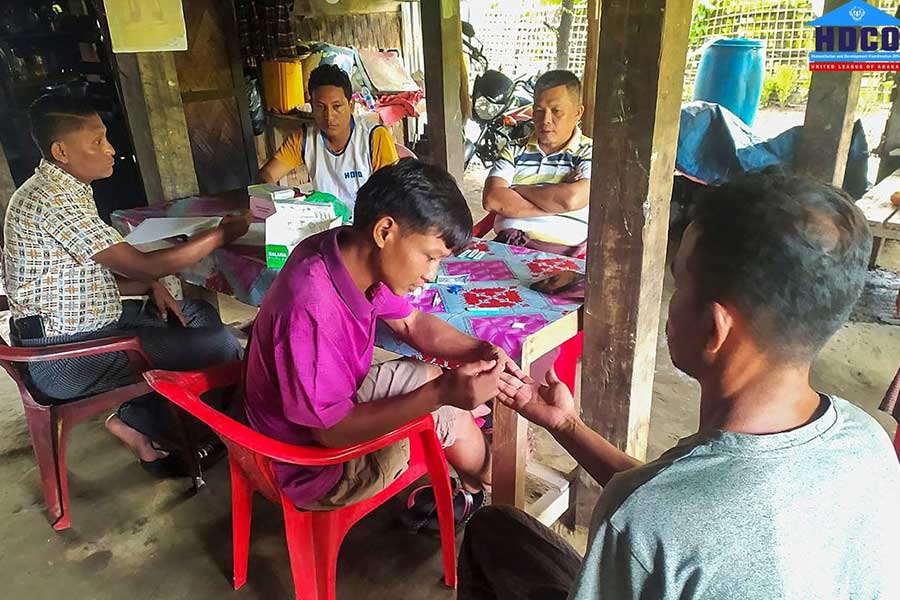
DMG Newsroom
30 September 2025, Maungdaw
Mosquito-borne malaria is becoming more common in rural parts of Maungdaw Township, Arakan State, with the changing seasons, according to a statement from the Humanitarian and Development Coordination Office (HDCO) of the United League of Arakan/Arakan Army (ULA/AA).
HDCO employees conducted fieldwork in Maungdaw Township to provide healthcare, and tested approximately 100 people in eight villages for malaria, with 17 found to be infected, HDCO announced yesterday.
Maungdaw residents face health challenges due to transportation and financial difficulties, as well as a lack of hospitals and clinics.
“The current crisis is affecting both internally displaced people and locals,” said a woman in Maungdaw Township. “They cannot even treat illnesses caused by the changing seasons. The cost of medicine is also very high. There are no clinics in every village. If they get sick, they cannot afford the cost of going to the hospital for treatment, so they often rely on traditional medicines.”
Malaria is a mosquito-borne infectious disease that is particularly common during the early and late rainy seasons. Symptoms usually appear 10 days to four weeks after being bitten by an infected mosquito.
HDCO has warned that the number of mosquito breeding sites in Arakan State is increasing during the late monsoon season, which could lead to an increase in mosquito-borne illnesses.
Although HDCO is providing on-the-ground healthcare to prevent mosquito-borne diseases during the monsoon season in Arakan State, people in areas with difficult transportation are having difficulty accessing healthcare.
“There are few hospitals and clinics in Arakan State,” said a woman from a community organisation in Maungdaw. “Local people have little knowledge of health, so they often receive medical treatment based on what they know. We hear about people losing their lives prematurely. I think it would be more convenient if the Arakan Army could go to each village and provide health education in a more systematic way. We also need to spray mosquito repellent.”
The number of malaria infections is also reportedly increasing in Arakan State’s Sittwe, Kyauktaw, Mrauk-U, and Ponnagyun townships due to the seasonal change.




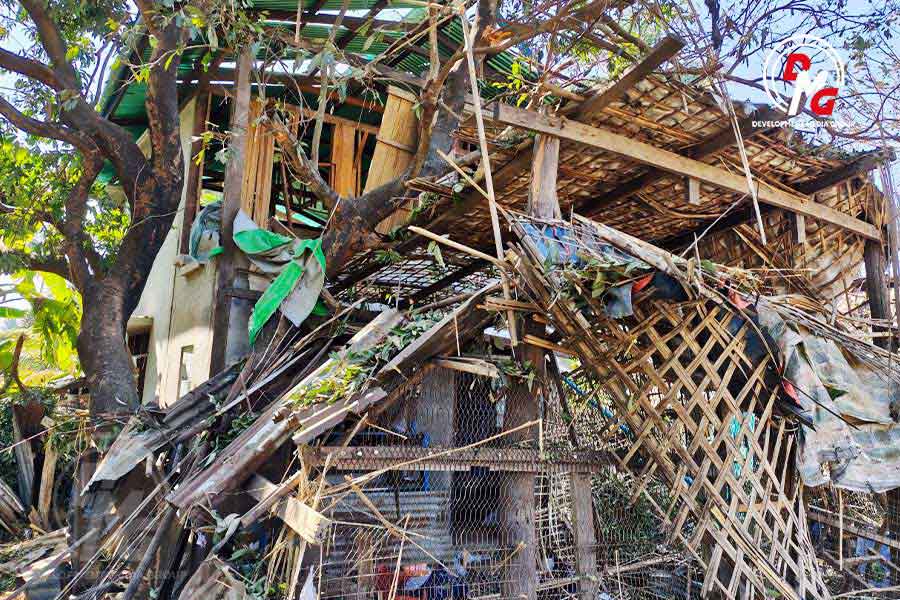
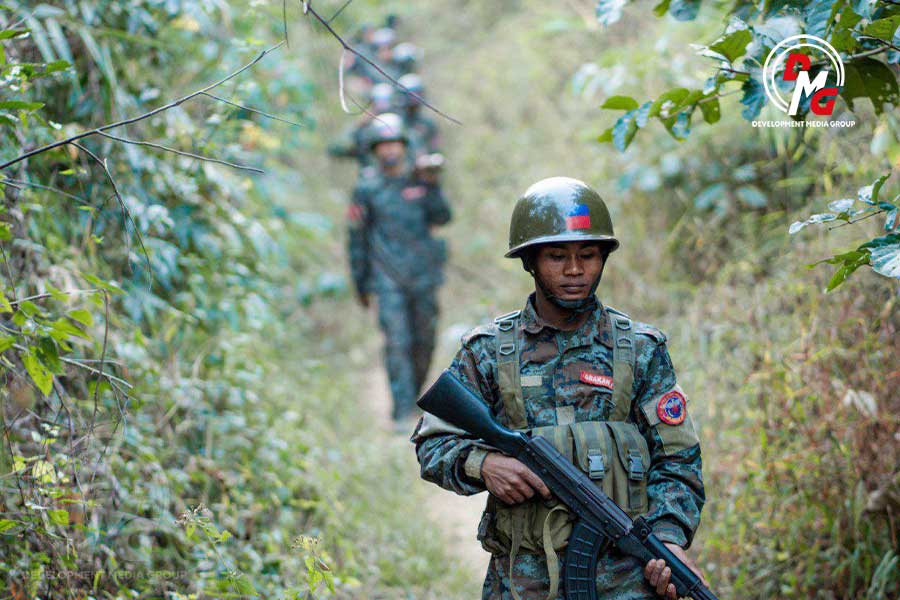
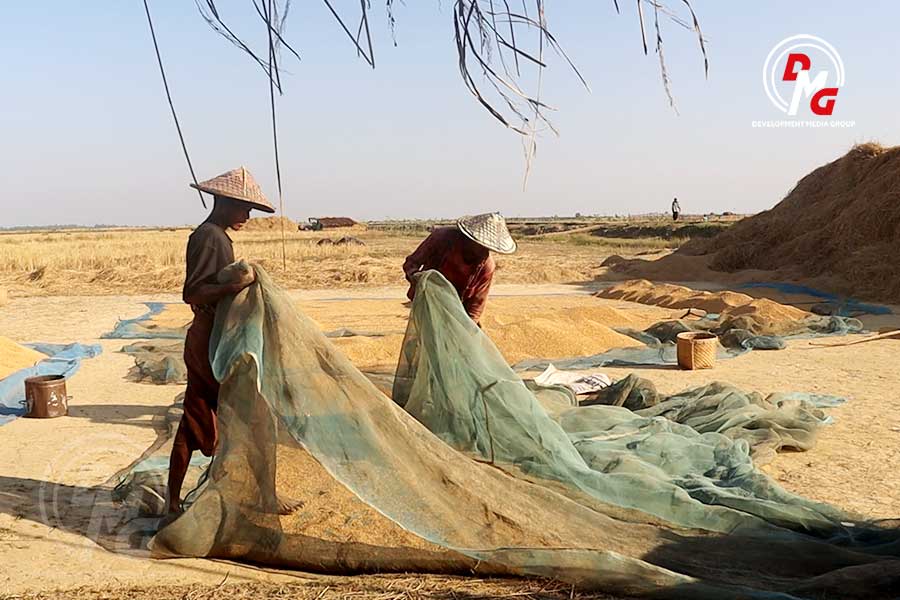
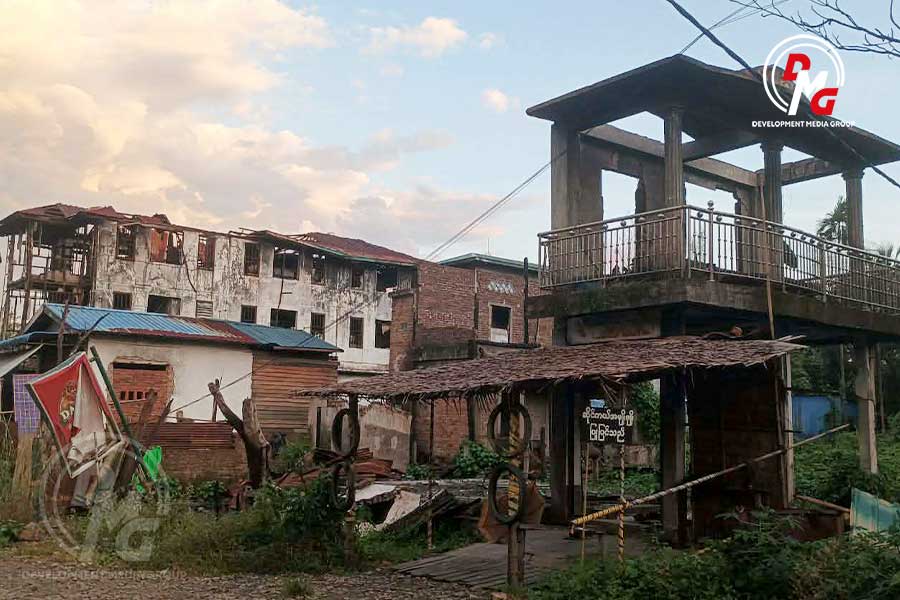
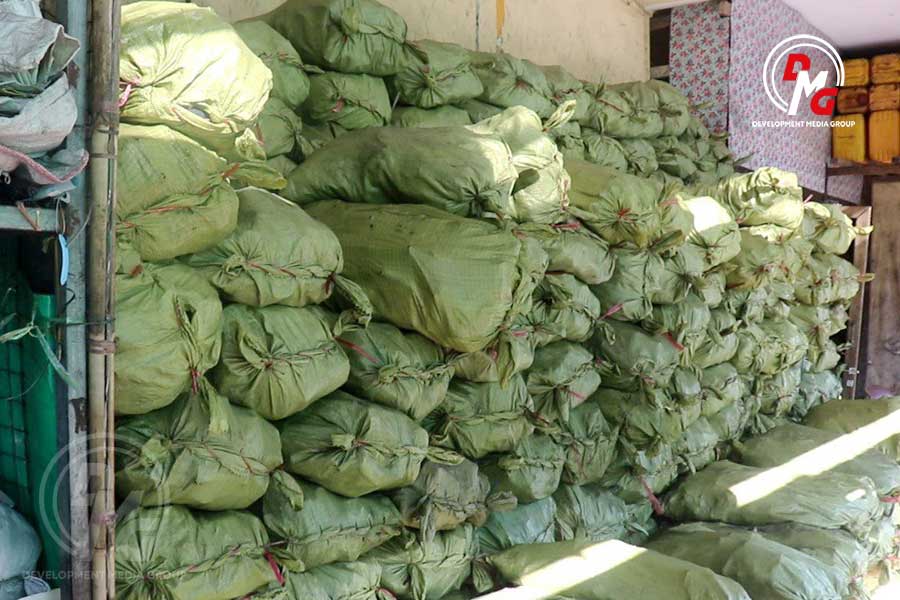







.jpg)
